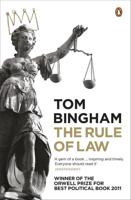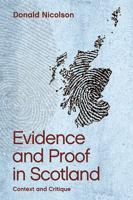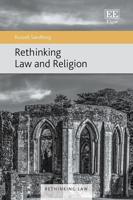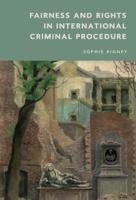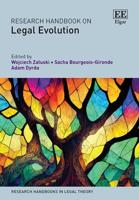Publisher's Synopsis
THE NATURE AND SOURCES OF THE LAW is a legal and jurisprudential classic, finally available in a high-quality, modern, and affordable edition. Quid Pro's republication of the second edition, 1921, of Gray's foundational book features updated formatting, accurate reproduction, consistency with the new eBook edition, embedded page numbers from the original (aiding citation and referencing, as well as aiding classroom assignment), and 2012 notes of the series editor, Prof. Childress of Tulane Law School. Most reprints of this classic text, at any price, follow the previous edition and are merely photocopied versions of that 1909 text. [Publisher's note: although this description may appear under reprints by others, only the Quid Pro editions have the accurate reproduction, use of the second edition, parallel eBook edition, and modern formatting. Look for the portrait of Gray in an etching and the publisher name Quid Pro Books.] John Chipman Gray was a noted lawyer and legal scholar of the progressive era, a professor at Harvard Law School, and a founder of the Boston law firm Ropes & Gray. His important book analyzed the uses of precedent and custom, the meaning of law and legal rights, the differences between common law and civil law reasoning, deference to and interpretation of statutes and their occasional obsolescence, the role of morality and popular will, and the philosophical failings of Austin, Blackstone, and German thinkers of the day. It is a remarkable set piece in legal theory and history. Gray's anatomy of the concept of law is part of the canon of legal thought from the progressive era.Legal Legends editions of classic works of law and political philosophy from Quid Pro are unlike any new versions available today, at any price. Also in the Series are explained and introduced editions of Cardozo's THE NATURE OF THE JUDICIAL PROCESS (with new material by Harvard's Andrew Kaufman), Holmes' THE [ANNOTATED] COMMON LAW (adding 200 simple explanatory notes), Holmes' THE PATH OF THE LAW and Warren and Brandeis' THE RIGHT TO PRIVACY (with additions by Steven Alan Childress of Tulane), Llewellyn's THE BRAMBLE BUSH (with new introduction by Wisconsin's Stewart Macaulay), and three works by Woodrow Wilson.

